Rethinking capacity building
In this ‘Ground Zero’ article, C Sutar captures learnings from capacity building experiences of organizations from across the country. He demonstrates how capacity building goes beyond skills and is tied to processes of nurture and growth, the importance of factoring in local context, and the centrality of reflexivity.
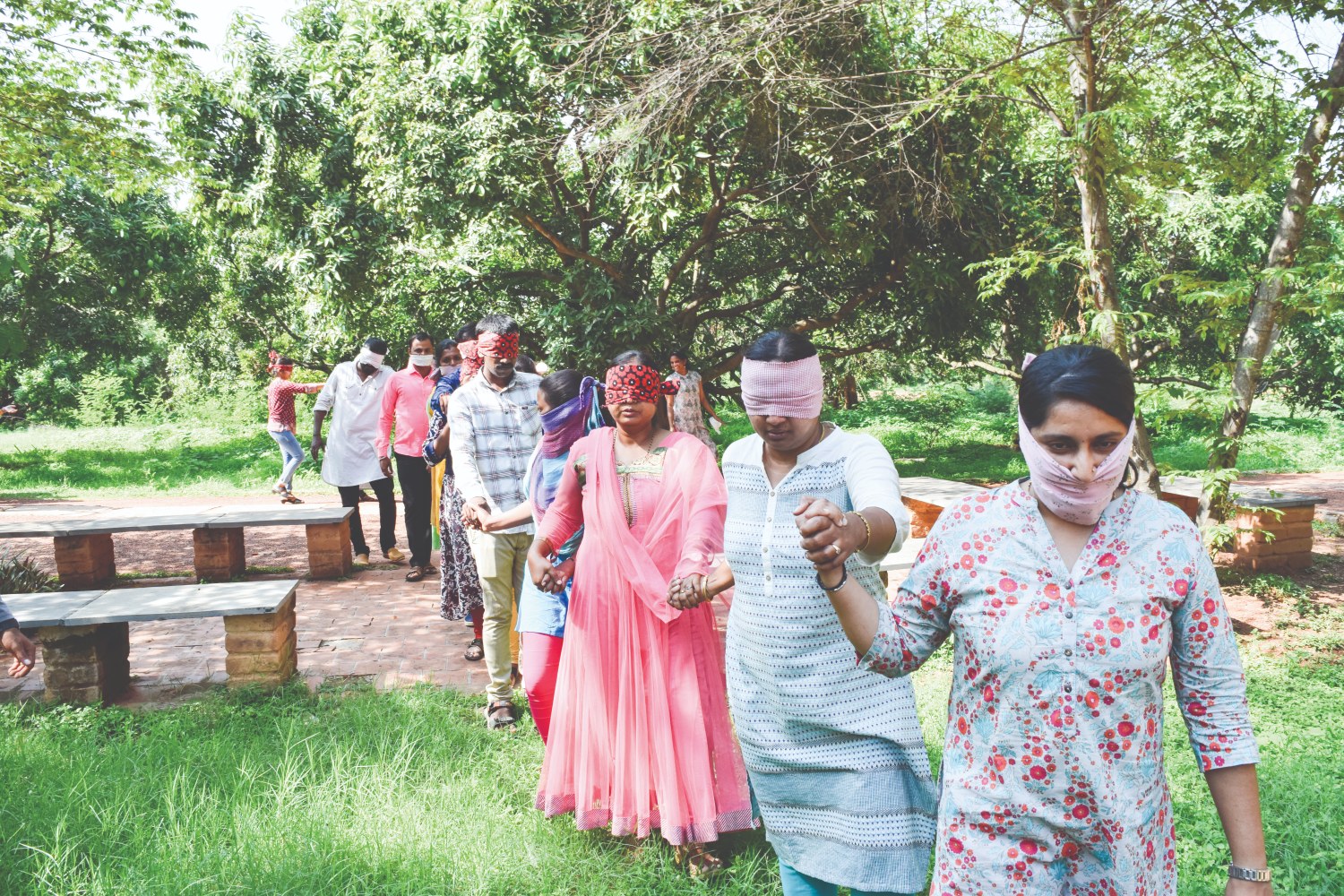
Why is it critical to reflect on what Capacity Building means for your organization?
Nonprofits in India have consistently shown enthusiasm and interest in capacity building. Over the years, specialized programs that assure better impact through needs assessments, impact assessment, workshops, or mentorships in different organizational development areas have grown in scale.
While there are ambiguities in how capacity building can help an organization, the emergence of hundreds of free and paid online and offline channels has made it more critical than ever for each organization to rethink what capacity building means to them.
“Organizations specifically concentrated in metro cities and rural areas have different views of what capacity building is…” – Adwait from Vardhishnu
The importance of context in capacity building
According to the United Nations, capacity-building is defined as the process of developing and strengthening the skills, instincts, abilities, processes, and resources that organizations and communities need to survive, adapt, and thrive in a fast-changing world. At an organizational level, it is an opportunity to boost knowledge and understanding, becoming more confident, and working efficiently towards systemic change. But before organizations navigate through challenges in a system resistant to change, they must also delve deep into what can and cannot help them in the process.
For instance, a majority of nonprofits in India have team members who are from the community and work as full-time employees. Often these team members may or may not have formal education and require additional training. In addition to arranging capacity-building resources for such team members, organizations are also required to address their societal challenges.
“Organizations specifically concentrated in metro cities and rural areas have different views of what capacity building is. Those in urban areas are more tuned in to new developments, and in general, a relatively supportive environment. In rural areas, despite team members having a formal education, they may not feel very confident due to language, technology, or cultural barriers. Access to resources and overall exposure makes a difference,” feels Adwait from Vardhishnu.
Based out of Jalgaon in Maharashtra, Vardhishnu organizes ‘Knowledge Club’ on Saturdays as a part of its capacity-building activities. Each member presents a book, a movie, or an article that could be related to the organization’s programs. Then there are also Reading Circles, where team members pick a book to help them in their work or self-development. These activities help Vardhishnu’s teachers develop their skills and create lively spaces for learning for street children.
“Language is certainly a barrier as most of the capacity-building sessions are offered in English. If we attend a workshop in English, we repurpose the content in a language the team understands and contextualize it to our programs. Another challenge is accessibility as we work with female staff and their families are often uncomfortable sending them for workshops to a different city,” adds Pranali from Vardhishnu.
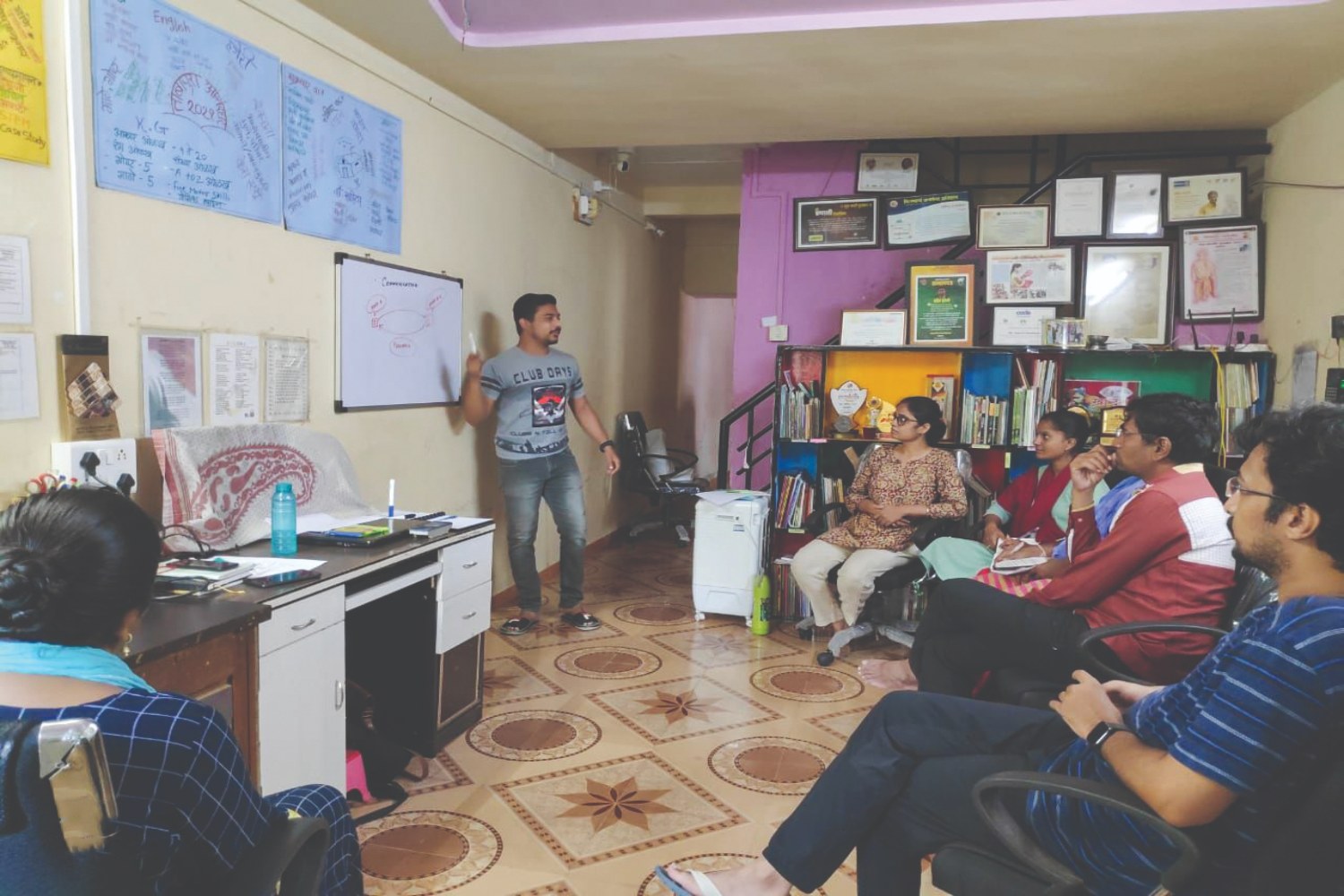
For the Vardhishnu team, all team members are like a family, and most often, someone from the leadership teams accompanies the staff during workshops. Still, it’s a luxury that can be afforded only in exceptional cases as there are logistics and costs involved.
“Personal development of individuals is certainly a factor in organization growth. If team members feel confident about themselves, they can contribute more effectively to further our organization’s goals. To achieve this, we often conduct workshops that could benefit them personally, such as a workshop on financial literacy,” says Adwait.
While Vardhishnu earmarks some funds for its capacity-building initiatives, they primarily rely on utilizing freely available resources, inkind support from partners or volunteers, or participating in paid workshops.
Over the years, Vardhishnu has realized that if approached in the right way, capacitybuilding workshops can inspire team members to co-create and contextualize their learnings. Recalling one such measurable outcome of a capacity-building workshop, Adwait says, “Once we attended a TLM (Teaching Learning Materials) workshop. After we were back, the team worked on how we could internalize the learnings. As a result, the team converted traditional gambling games played by street children into a TLM for mathematics. Children who otherwise found it difficult to concentrate on mathematical concepts were now engaging and learning to everyone’s surprise.”
Capacity building goes beyond skills
Deconstructing and adapting learnings from capacity-building sessions is a skill that comes naturally to some or may require time to be developed, but nevertheless, it is essential. Karnataka-based Makkala Jagriti strongly believes that having capacity-building workshops that support building the right attitude towards learning and development must be prioritized to achieve this.
Sunayana from Makkala Jagriti says, “We don’t look at skill-based capacity only. We look at personal effectiveness, selfawareness, motivation as priority areas. Developing skills required to implement a program efficiently is necessary. But it can only be implemented after one feels motivated and personal growth leads to the organization’s growth.”
Makkala Jagriti conducts a survey to understand training needs and supports the team with the necessary avenues and sessions for learning. The annual performance reviews also act as an essential reference point on growth areas within the team and help plan workshops accordingly.
Given the consequences of COVID on mental health, over the past one and a half years, Makkala Jagriti has focused on hosting wellbeing workshops for their team members. The team continues to host well-being sessions such as empathy circles every week. It is also using art as a tool for stress relief.
“We underline the importance of capacity building to our donors, and some are supportive, but it’s not easy to get their buyin to support such activities. Some donors are dismissive because they assume that these activities have no direct connection to the program,” adds Sunayana.
Ironically, a plethora of online and offline courses, workshops and webinars have made capacity building into a buzzword. Many facilitators and organizations claim to have the expertise. But in reality, they end up undermining, instead of strengthening, organizations.
Many organizations would concur that they have attended a capacity-building workshop but gained nothing from it. As a result, and for good reasons, more time is now spent reflecting on who from the team should take a capacity-building workshop and whether the session would be beneficial to an individual or the entire group.
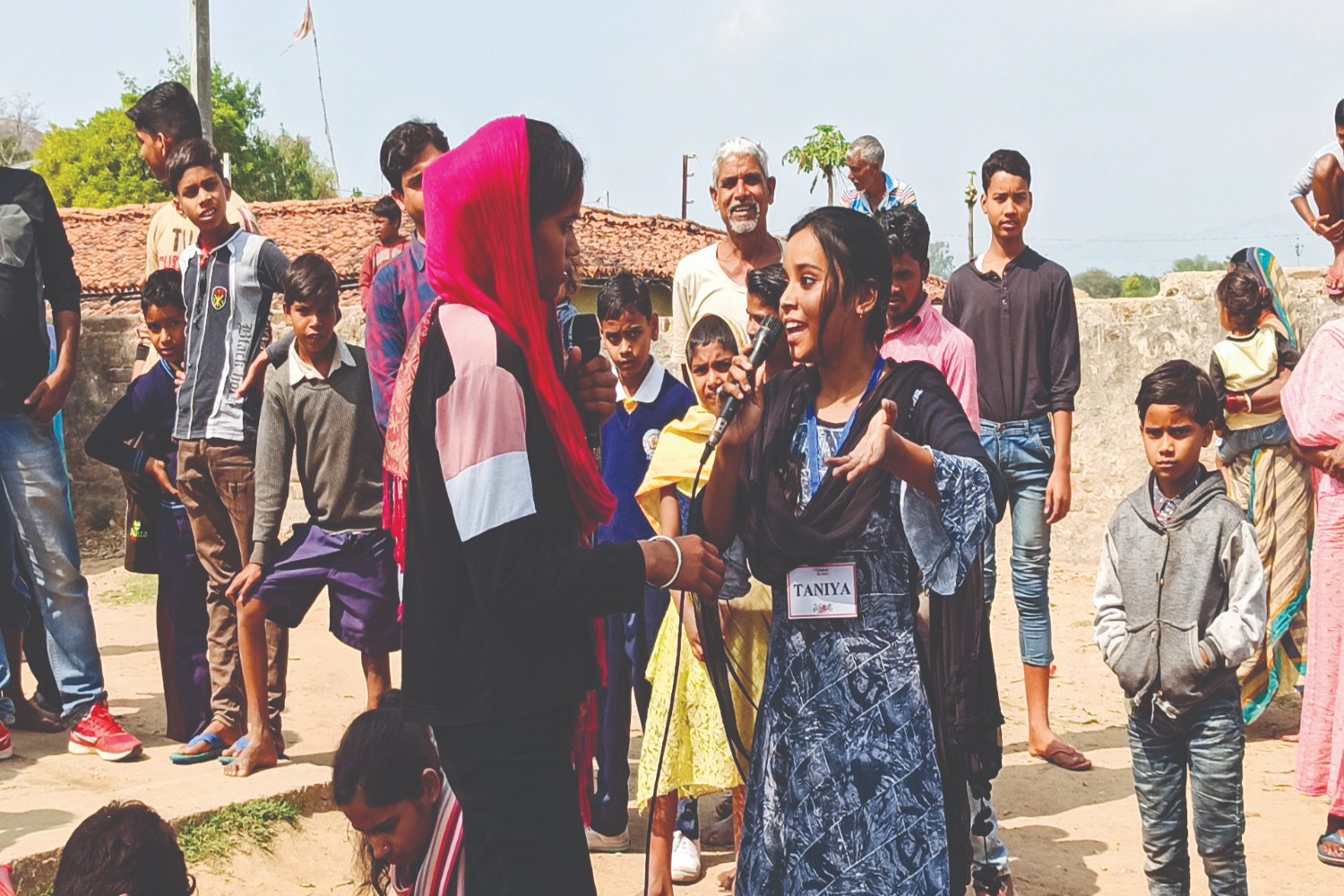
Reflexivity as the missing link in capacity building
Shravan from i-Saksham says, “To participate and reap long-term benefits from capacity building, we should be clear on what we are aspiring for. It’s imperative to consider whether we are endeavoring to bring capacity or build capacity in the organization.”
i-Saksham was started in 2015 in Bihar by three ex-Prime Minister’s Rural Development Fellows. Its capacity-building focus has primarily been on developing ‘Edu Leaders’, to invest in their skills, and help them to understand their communities better. An Edu-Leader is a local youth from the community, mainly females/differently-abled, in the 18-25 age group. They are engaged with local government schools to enrich the education experiences of underserved children for their continued success.
“We have had our hits and misses with capacity-building trainings and workshops. We are becoming more conscious that it does not become a one-time exercise and team members come back with some application. We ask how we can institutionalize learning and how others can benefit from capacity building?” adds Shravan.
I-Saksham Theatre in Education Workshop The i-Saksham team feels that it is important to consider and review before taking any capacity-building training, to assess the programs’ relevance and prerequisites.
“To participate and reap long-term benefits from capacity building, we should be clear on what we are aspiring for…” – Shravan from i-Saksham
The peculiarity of capacity building workshops is that these are focused on specific subjects, and give tangible learning to the participants. So organizations must reflect on their purpose and reason to engage in a capacity-building workshop. It is equally vital for facilitators to reflect on their learnings and scope for implementation on the ground, feels Bikash from Karunodaya.
“A capacity building workshop can be a cocreating space for Civil Society Organizations (CSOs) working in different domains and different parts of the country. It must give participants scope to talk and interact with each other at the deepest level and opportunities to multiply their learnings,” he adds.Based in Gaya (Bihar), Karunodaya works on enrolment and retention and enriching the curriculum to go beyond textbooks in Government schools.
Before starting your capacity building journey
- Understand your understanding of capacity building
- Focus on enabling a culture of learning within the organization
- Discuss and identify areas of growth with team members
- Prioritize simple topics and then move to complex ones
- Spend time on identifying the right person for training
- Focus on personal growth and developing behavior and attitude of team members
- Develop on learning from other experienced organizations
- Leverage capacity building expertise within your network
- Apply, internalize, and contextualize learnings for team members
- Invest in opportunities that would help you understand the communities where you work better
- Thoroughly review whether you are meeting all prerequisites of a capacity building training
- If you are participating in too many training programs, then track and follow-up
- Prioritize facilitators having a mindset of learning and co-creating
- Capacity building is an ongoing process; keep creating new benchmarks after developing a competency
“We don’t look at skillbased capacity only. We look at personal effectiveness, selfawareness, motivation as priority areas…” – Sunayana from Makkala Jagriti
It focuses on holistic and tangible solutions for improved teaching practices and creating sustainable, innovative learning environments for children.
With capacity building and developing an approach to it, there are no easy answers. But what helps is a reality check so that the investment in capacity building is not shortlived. While some organizations have seen incremental benefits, the learnings on what works and what doesn’t in the Indian context may not be readily available.
Ravi from i-Saksham says, “In my view, the moment an organization is conceptualized, capacity building starts. It is not a ‘one-time’ activity. And as the model grows, and as organizations achieve a level of competency, their benchmarks for capacity-building must also shift.”

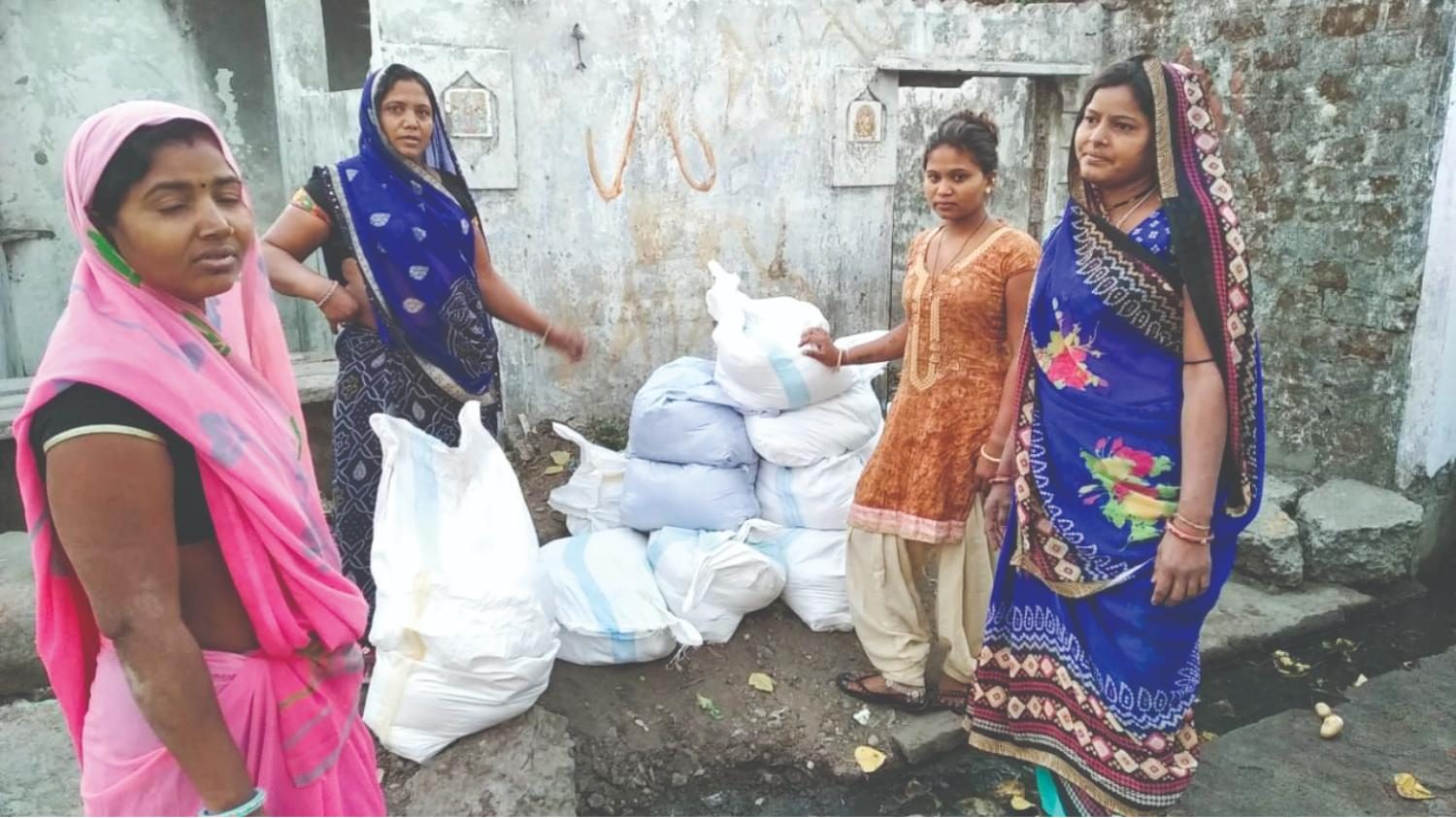
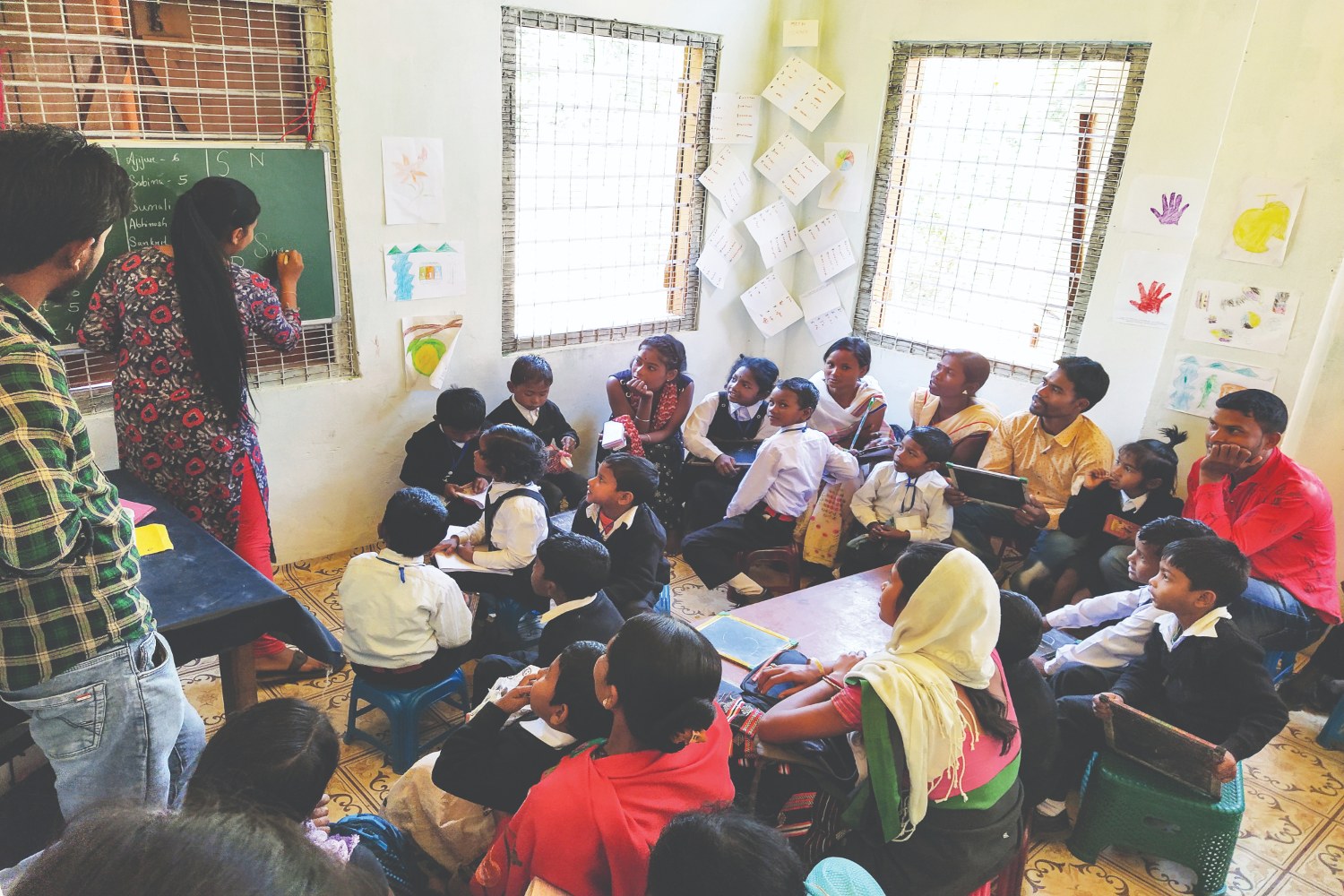
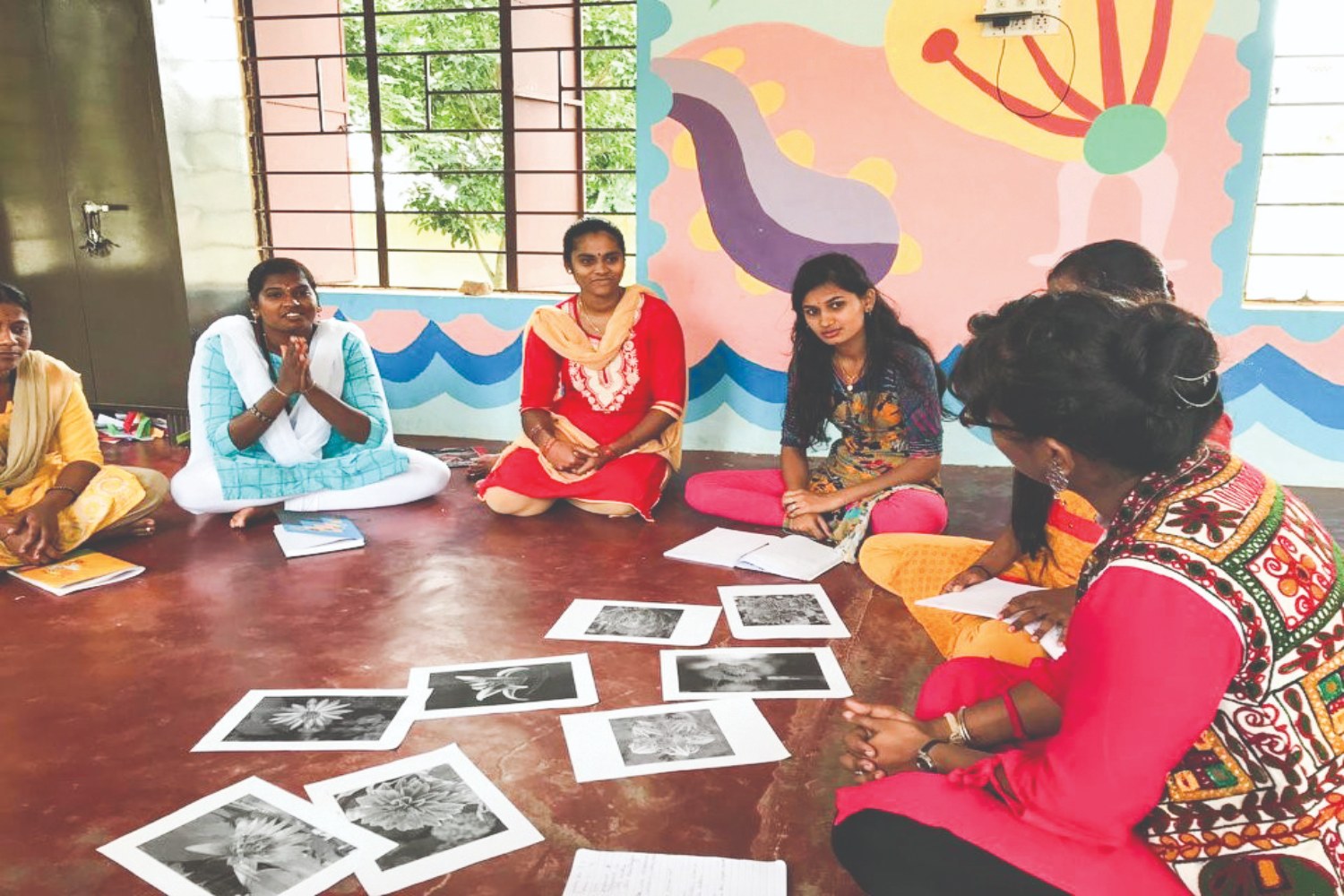
No approved comments yet. Be the first to comment!